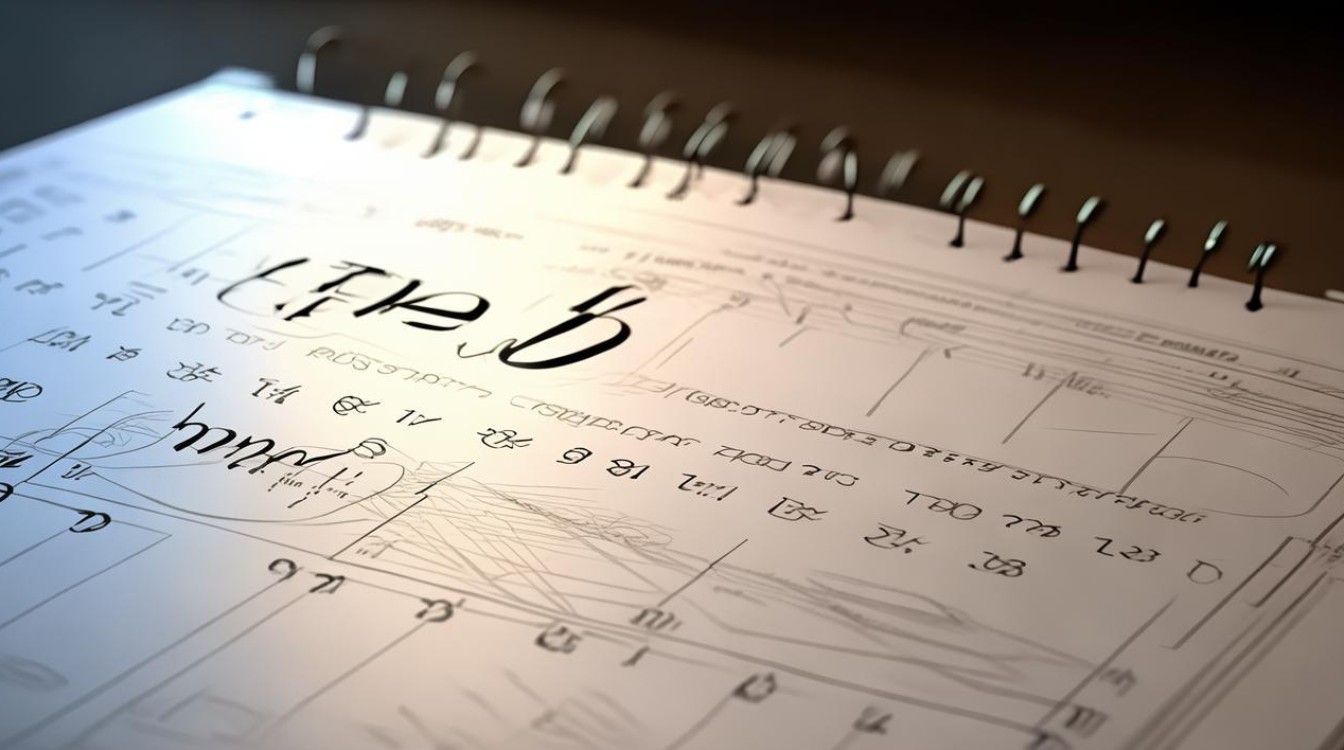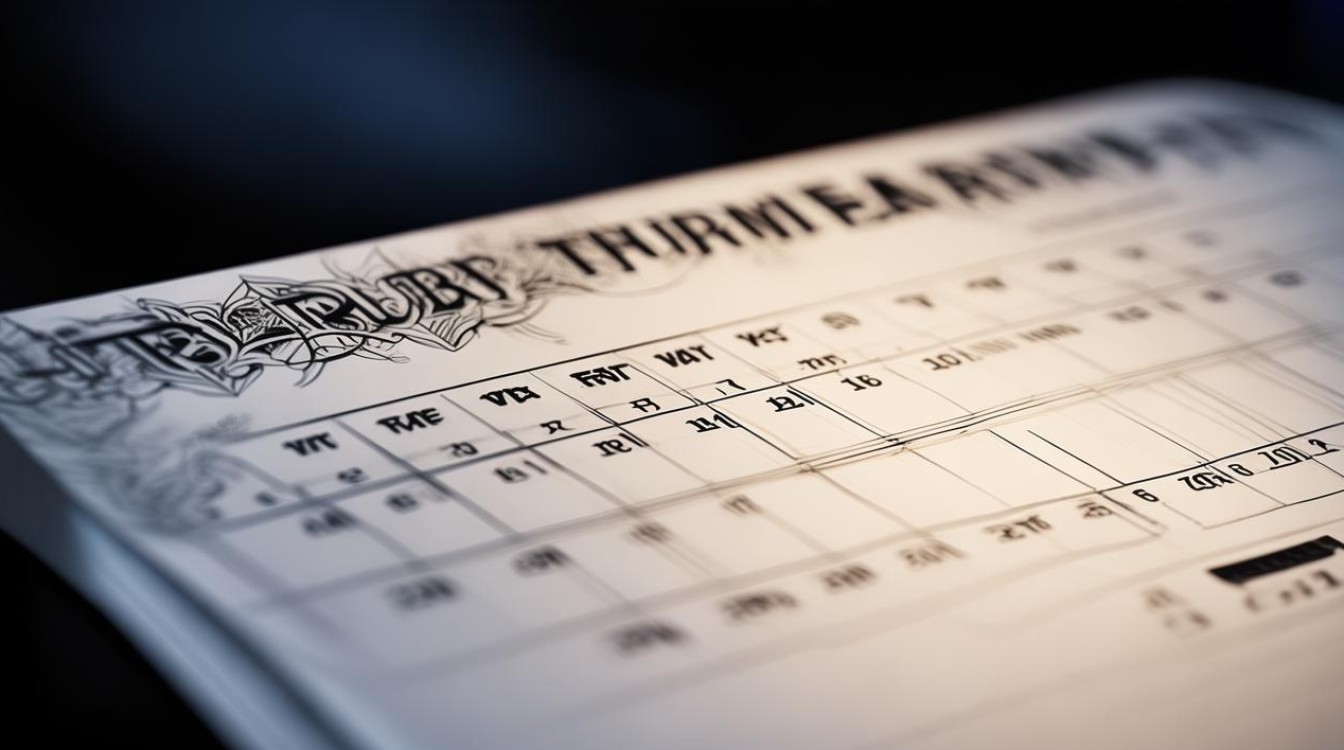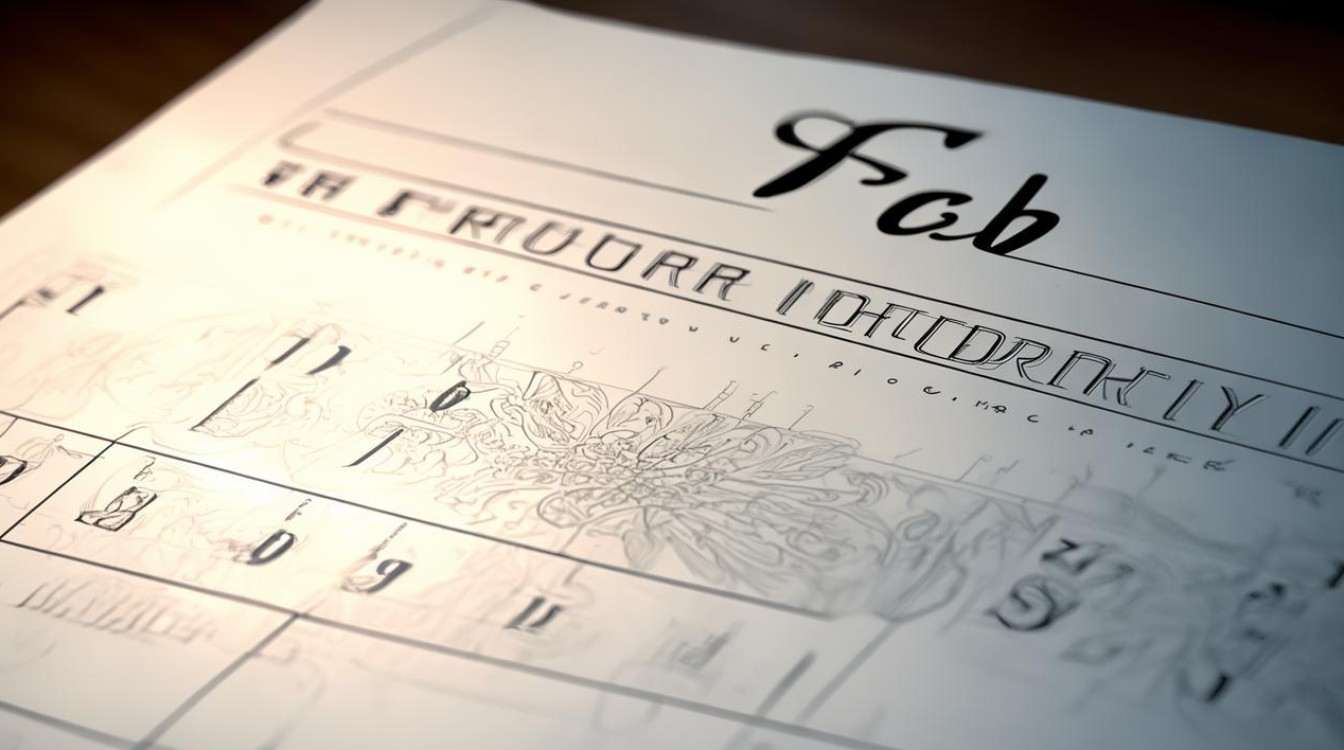When writing dates, abbreviations help save space and improve readability. February, the second month of the year, often appears in shortened form. But what’s the correct abbreviation for February? Let’s explore the standard formats, common mistakes, and best practices for using this abbreviation in different contexts.

The Standard Abbreviation for February
The most widely accepted abbreviation for February is "Feb." This three-letter format follows the general rule for shortening month names in English. Here’s why it’s the preferred choice:
- Consistency: Most month abbreviations use the first three letters (e.g., Jan., Mar., Apr.).
- Clarity: "Feb." is unambiguous and instantly recognizable.
- Formality: It’s suitable for formal writing, business documents, and academic work.
Example:
- Full: The event is scheduled for February 15, 2025.
- Abbreviated: The event is scheduled for Feb. 15, 2025.
Alternative Abbreviations (And Why They’re Incorrect)
Some people mistakenly use "Febr." or "Febry." These variations are non-standard and should be avoided. Here’s why:
- "Febr.": Adds an unnecessary extra letter without improving clarity.
- "Febry.": An archaic or informal form rarely used in modern writing.
Stick to "Feb." to ensure professionalism and correctness.
When to Use "Feb." vs. Writing Out the Full Month Name
While abbreviations are convenient, there are cases where spelling out "February" is better:

-
Formal Documents
Legal contracts, official reports, or academic papers may require the full month name for precision.
-
Beginning of Sentences
- Example: February is the shortest month of the year. (Not "Feb. is the shortest...")
-
Stylistic Preferences
Some style guides (e.g., APA, MLA) recommend avoiding abbreviations in running text unless space is limited.

Using "Feb." in Different Date Formats
The placement of "Feb." depends on the date format used:
- U.S. Format (Month-Day-Year): Feb. 14, 2025
- International Format (Day-Month-Year): 14 Feb. 2025
Note: In formal international contexts (e.g., military, scientific writing), the day comes first without a comma: 14 Feb 2025.
Common Mistakes to Avoid
-
Omitting the Period
- Correct: Feb. 10
- Incorrect: Feb 10 (Unless following a style guide that drops periods, like AP in headlines.)
-
Using All Caps
- Correct: Feb. 2025
- Incorrect: FEB. 2025 (Unless required for design or legal reasons.)
-
Mixing Formats

- Incorrect: Feb. 15th, 2025 (Avoid ordinal numbers with abbreviations.)
Historical Context: Why Is February Spelled This Way?
The name "February" comes from the Latin Februarius, named after Februa, an ancient Roman purification festival. Over time, English adapted the spelling, but the abbreviation remained concise.
Practical Tips for Writers and Editors
- Stay Consistent: If abbreviating one month, abbreviate all others in the same document.
- Follow Style Guides:
- AP Style: Uses Feb. with a period.
- Chicago Manual of Style: Permits Feb. but prefers full names in formal text.
- Digital Optimization: Use "Feb." in metadata, file names, or calendars for brevity.
Final Thoughts
Using "Feb." correctly ensures clarity and professionalism in writing. Whether you’re drafting an email, designing a calendar, or publishing content, this abbreviation keeps dates concise without sacrificing readability. Stick to the standard, avoid creative variations, and adapt based on context—your readers will appreciate the precision.

